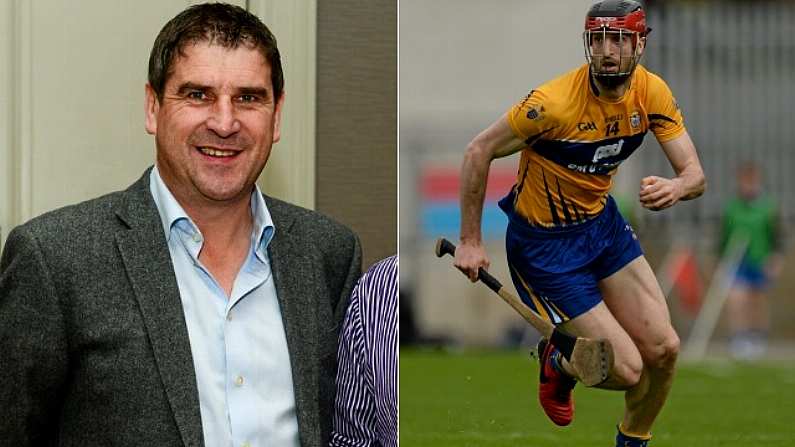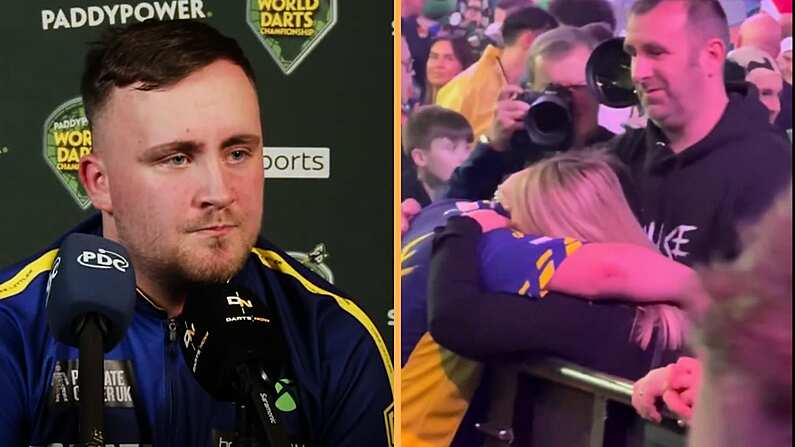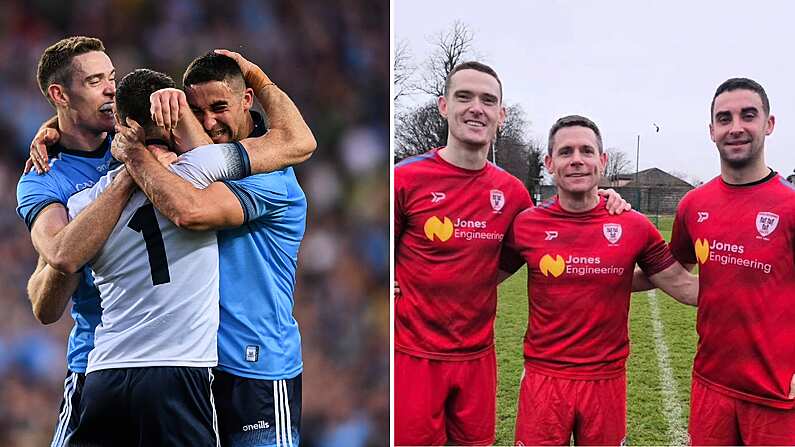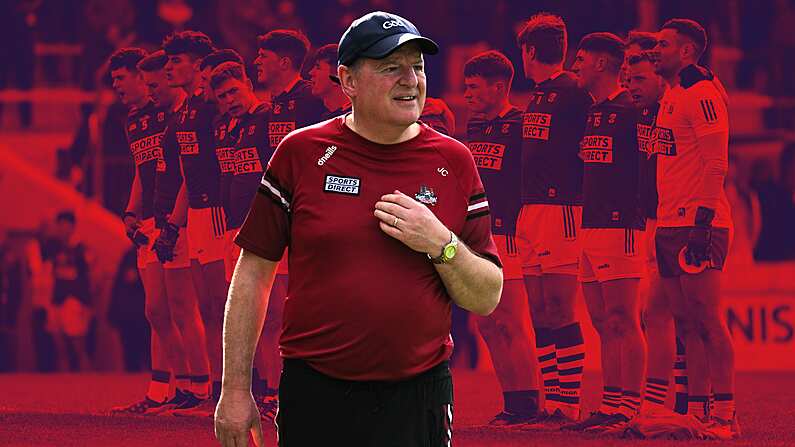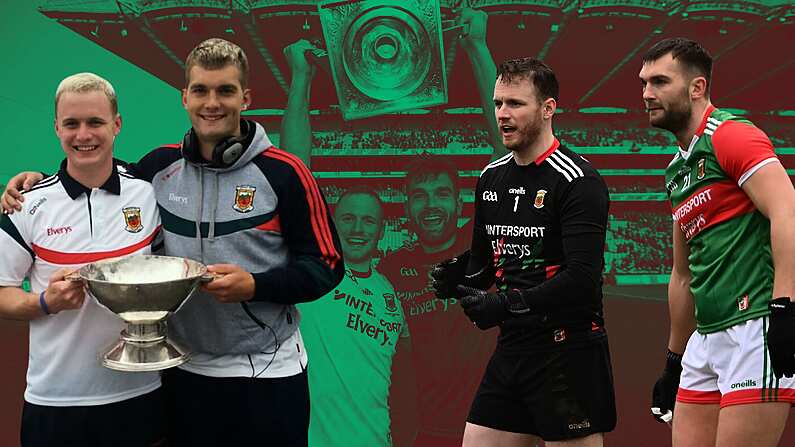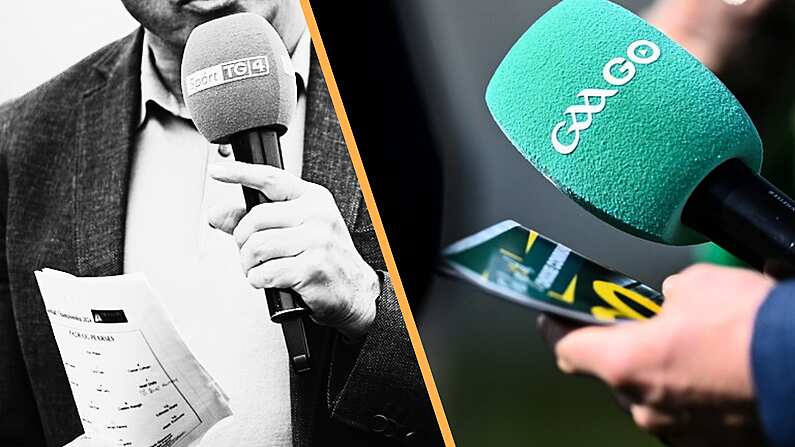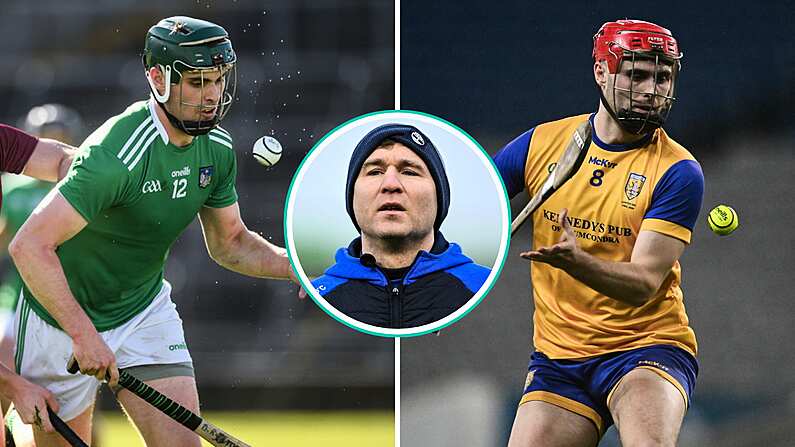Michael Duignan recently took a dip into the accounts of the Clare county board. The former Offaly hurler was inspired to do so by the plight of recently retired Clare hurler Darach Honan.
At the age of 27, Honan called time on his career due to an ongoing hip injury. Last year, just months before he officially retired from the game Honan underwent hip surgery. It cost him €6,000. As he did not have insurance, Honan went to the Clare county board looking for help. It was not forthcoming.
"I'm not saying they should have paid the whole six grand - players should maybe have their own health cover when they're playing at that level, I always did," said Duignan on the Second Captains podcast this week.
"He didn't have it and he looked for help and they wouldn't give him anything. The GPA did help him out to some extent but we don't know how much."
A look through the Clare accounts left Duignan wondering why the county board would not help a player who had served the Banner since 2010,
I just went through the Clare accounts. They made a surplus of €136,000 last year, helped in no small part by their management no taking any expenses whatsoever, Donal Moloney and Gerry O'Connor, which is very unusual in this day and age.
They had €136,000 surplus there and here's a player looking for some help and they wouldn't give it to him. Jesus Christ, it's hard to believe.
Honan first spoke about Clare's refusal to come to his aid late last month when speaking to Denis Walsh of The Sunday Times. The Clonlara player said the injury could be traced back to a particularly hard training block in 2016 which left him "shagged".
He subsequently took painkillers so he could get through games with his club. The county board's rationale was that if he could play those games then he must have been OK and that his club should foot the bill.
Duignan is not the only former player to criticise the Clare county board. Eight-time Kilkenny All-Ireland winner Eoin Larkin wrote on Twitter: 'Disgraceful carry on but that’s what’s ahead for every player once they retire. there's no structure in place to look after players once they’ve finished.' Paul Galvin called the situation "septic".

